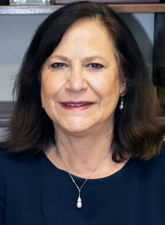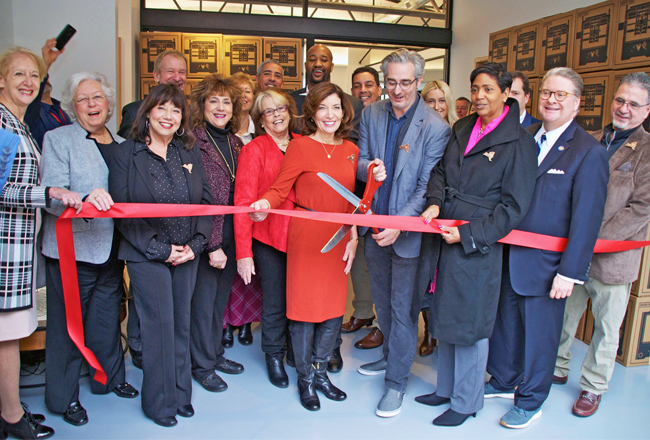Manhattanville College in Purchase wants to establish a school of nursing and health sciences and has proposed a curriculum plan to the New York State Department of Education under which the school would offer two degrees.
One of the degrees would be for traditional four-year and transfer students. The track would provide a second degree for those with a bachelor”™s degree in a non-nursing field. An example of a second-degree curriculum is found at the University of Connecticut, where a one-year 45-credit curriculum of full-time study leads to a bachelor”™s degree in nursing.
Manhattanville President Michael Geisler said, “Creating a school of nursing and health sciences is an exciting step for the future of Manhattanville. Empathy and collaborative spirit are central Manhattanville qualities, both of which are critical to successful nursing.”
Geisler said that the college”™s Center for Design Thinking, which opened in September, would play a role in training the students.
“Design Thinking is the key to merging traditional strengths of a liberal arts curriculum with the practical requirements of training a workforce for tomorrow”™s market,” he said at the time of the center”™s opening. “The workforce of tomorrow needs to be flexible and capable of adapting to changing work environments quickly, a human workforce that can compete successfully against AI (artificial intelligence) and machine learning-based programs that threaten to eliminate 40% of existing jobs.”
Manhattanville”™s announcement did not speculate on when state approvals for the nursing school might be received, but said that applications from students would not be accepted until that happens.

Debra A. Simons has been named dean of the new school. She joined the college in May of this year after serving as dean of the School of Nursing and Healthcare Professions at the College of New Rochelle, which closed this year.
“Nursing and health science are complementary to Manhattanville”™s rich history in the liberal arts,” she said. “Graduating a brand of design thinking, patient-centered, high tech high care, holistically educated nurses will impact our health care institutions seeking to improve safety and health outcomes while enhancing the patient experience and achieve magnet status,” she said.
Simons had been with Norwalk Community College and UConn earlier in her career. She is a fellow in the New York Academy of Medicine.
Manhattanvile”™s announcement said that there is a growing demand for nurses in the U.S. and its school would help meet that demand. It cited the position of the American Association of Colleges of Nursing, which reported that while there was a 3.8% increase in enrollment in 2018 for entry-level bachelor”™s degree programs in nursing, the increase is insufficient to meet the projected demand for nurses.
Also cited by Manhattanville was an article by educators at Montana State University and Dartmouth College, which was published in the July 2017 issue of the Journal of Nursing Regulation. The authors projected that 1 million registered nurses will retire in the U.S. by 2030 and that patients and institutions that depend on registered nurses “will face a significant loss of nursing knowledge and expertise that will be felt for years to come.”






















